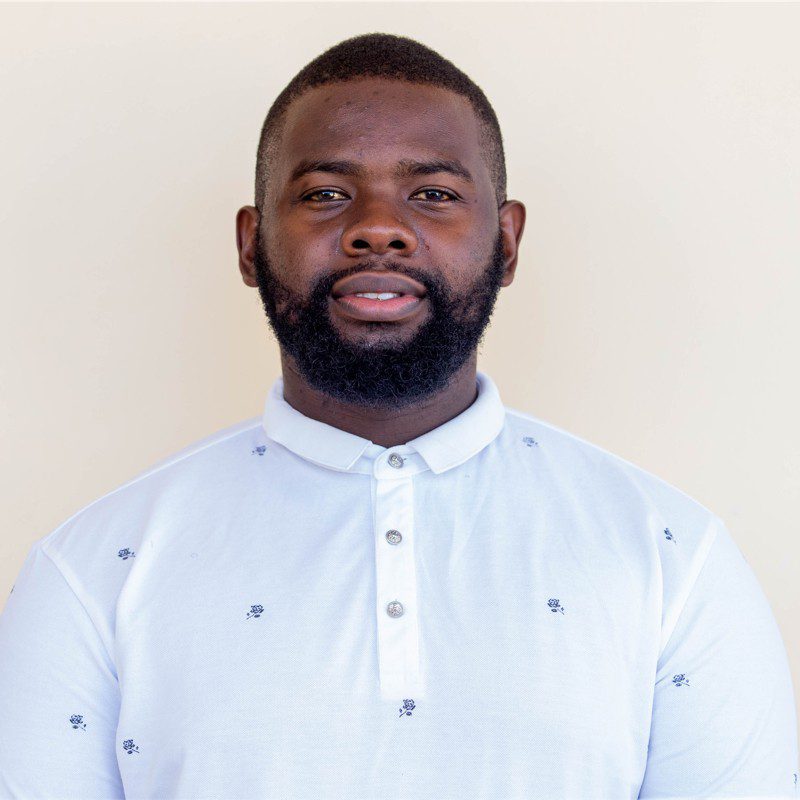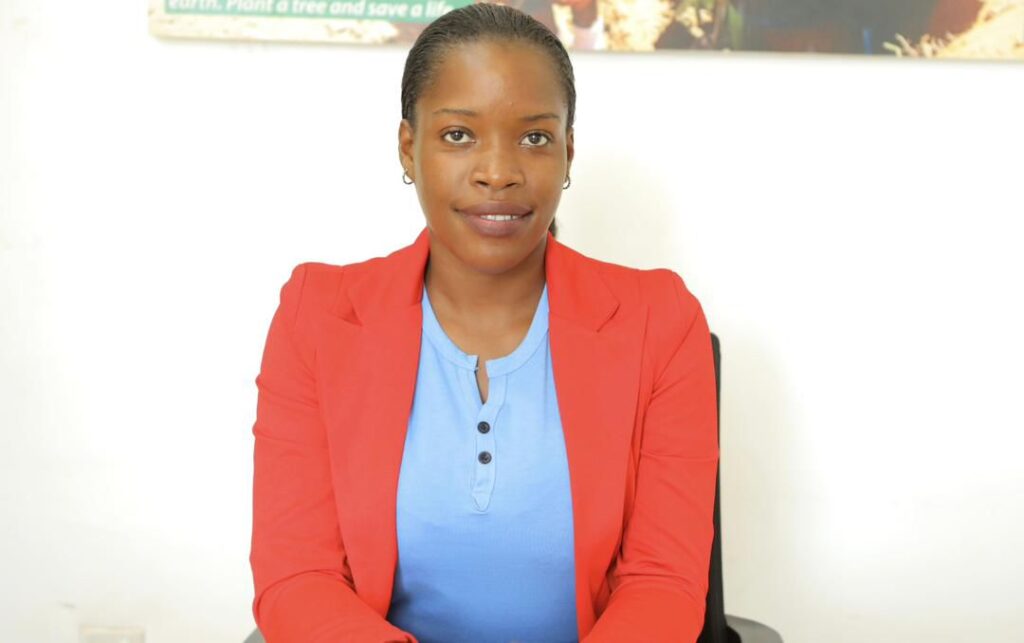About Limaafrica
Lima Africa was founded in 2022 by a team of passionate science-preneurs, driven by a simple question: why was farming becoming unaffordable for smallholders who feed the nation? What began as curiosity quickly grew into a mission to address one of the biggest challenges facing agriculture in Tanzania.
The turning point came when we met a fish farmer on the verge of shutting down due to the rising cost of feed. His struggle reflected a much wider crisis. From poultry to aquaculture to crop farming, we discovered the same reality—fertilizer and feed costs were consuming over 60% of production expenses, pushing many farmers to the edge.
What started as a search for one solution has grown into a movement. Today, Lima Africa works to make farming profitable, resilient, and sustainable, empowering millions of smallholders to thrive and ensuring agriculture remains a source of livelihood and pride.

Anorld Shoko
Founder & CEO

Catherine Fridolin
Co-founder & COO
The Problem We Aim to Solve
Every year, an estimated 200,000 farmers exit agriculture due to three structural barriers:
- Unaffordable inputs: Fertilizer use in Africa is five times below the global average. Most farmers can’t access or apply the right inputs at the right time.
- Unreliable markets: Farmers are forced to sell at unfair prices, with limited aggregation and poor market linkages.
- Climate shocks: Droughts and floods regularly wipe out harvests, yet insurance and risk protection remain out of reach.
This is not just a farmer problem; it is a national food security crisis. Unless farmers can access affordable inputs, reliable markets, and climate protection, Tanzania will remain dependent on costly food imports and vulnerable to global shocks.
Our Solution
Lima Africa is redefining smallholder farming through its Input–Market–Protection Model, which makes inputs affordable, markets accessible, and farmers resilient to climate shocks. By recycling waste into organic fertilizer and protein feed, offering credit repaid with produce, providing training, linking farmers to fair markets, and bundling insurance with rewards, we reduce risk, restore soils, and secure livelihoods.